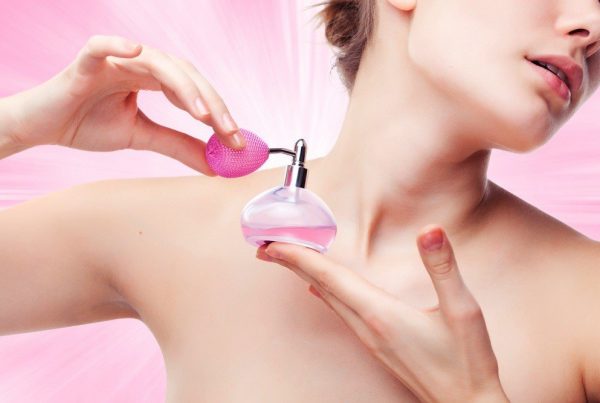From refreshing sprays to hydrating serums that promise a glow that would leave the moon envious, vitamin C is a powerful antioxidant hailed as a skincare superhero. It brightens the skin, boosts collagen, and keeps the signs of aging at bay.
But did you know there are different types of vitamin C used in skincare products, each with its own unique set of benefits? Whether you have sensitive skin prone to breakouts or want to maintain a natural glow all day long, understanding the various types of vitamin C and their functions can help you make more informed skincare decisions.
Vitamin C: The Big Four C’s
1. L-Ascorbic Acid (AA)
Did you know that your skin cannot make adult collagen without ascorbic acid? Ascorbic acid is the active form of vitamin C in our bodies. The challenge is that our bodies need ascorbic acid first, for its antioxidant effect. When measuring the amount of antioxidants naturally occurring in our skin, around half of the anti-oxidant concentration will be ascorbic acid.
If you are a smoker, live in a polluted environment or spend a lot of time in the sun, your body is using ascorbic acid to protect you from free radicals. This means your skin will struggle to make new collagen and replace damaged collagen, causing premature and exaggerated aging.
2. Ascorbic acid
When applying ascorbic acid of 15% or above, we can take 80-year-old cells (fibroblasts) and make them as active in collagen production and new cell production as that of a newborn baby. Using ascorbic acid products at the right concentration in a stabilized form means that you see quick change in the signs of aging, especially in mature skin that is suffering from premature aging and sun damage.
3. Tetrahexyldecyl Ascorbate
A great second choice for aging skin is Tetrahexyldecyl Ascorbate, known as a ‘Deep Diver’, and with good reason. It is an oil-soluble form of vitamin C ester that is highly stable. It is ideal for targeting deeper layers of the skin to boost collagen production and reduce the appearance of fine lines and wrinkles when your skin is intolerant to the tingling that Ascorbic Acid might create.
Women over 45 who are looking for an intensive anti-aging solution may find this form of vitamin C particularly effective due to its ability to work at a cellular level.
3. Sodium Ascorbyl Phosphate
For those who generally have a more sensitive skin type, Sodium Ascorbyl Phosphate (SAP) is what you’ve been looking for. As a more stable water-soluble form of vitamin C than pure ascorbic acid, SAP is ideal for those who are prone to redness, itchiness, and acne. SAP at the right concentration also has a very effective result on lowering the bacteria that cause acne. The antioxidant effect also prevents the oxidation of squalene, a lipid naturally part of our sebum. This in turn helps to prevent congestion/blockage of pores in acne prone people.
4. Magnesium Ascorbyl Phosphate (MAP)
Magnesium Ascorbyl Phosphate (MAP) is a lipid-soluble ester form of vitamin C that is particularly partnered with brightening and pigment-treating ingredients. Magnesium Ascorbyl Phosphate is a potent antioxidant that is also very good at brightening skin and improving glow and hydration.
Why does it matter?
“As skin ages, its needs change,” says Dr. Bradley Wagemaker, Medical Director at Lamelle Pharmaceuticals. “The natural production of collagen slows, skin becomes drier, and fine lines start to appear. Selecting the right type of vitamin C can provide tailored benefits for your skin’s specific needs, helping to keep it firm, radiant, and youthful.”
Wagemaker adds that Ascorbic Acid’s ability to fight free radicals and promote collagen production makes it a must-have in any skincare routine, regardless of age.
“However, not all vitamin C is created equal. By understanding the different types, you can make an informed choice that addresses your unique skin concerns, ensuring you get the most out of this powerful ingredient.”



![women [longevity live]](https://longevitylive.com/wp-content/uploads/2020/01/photo-of-women-walking-down-the-street-1116984-100x100.jpg)










